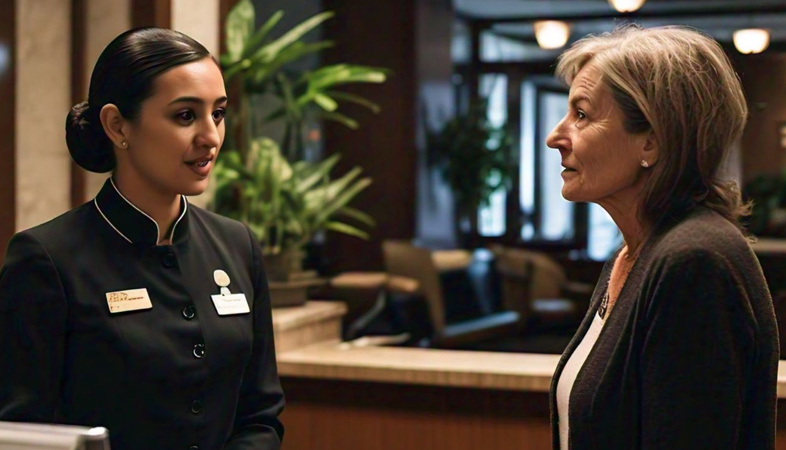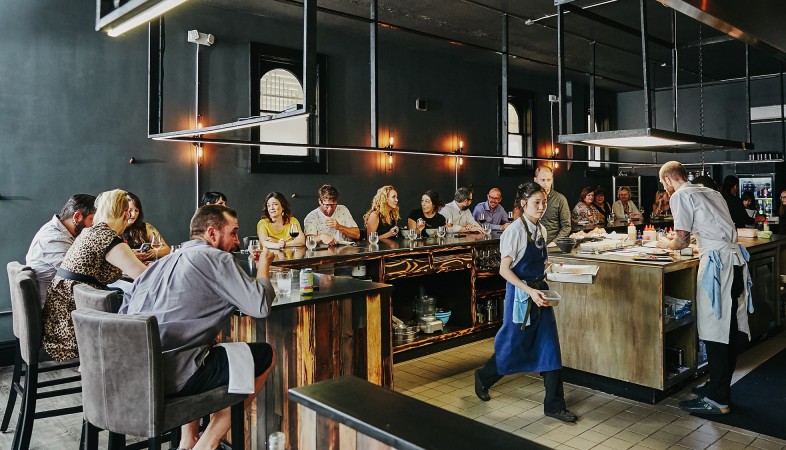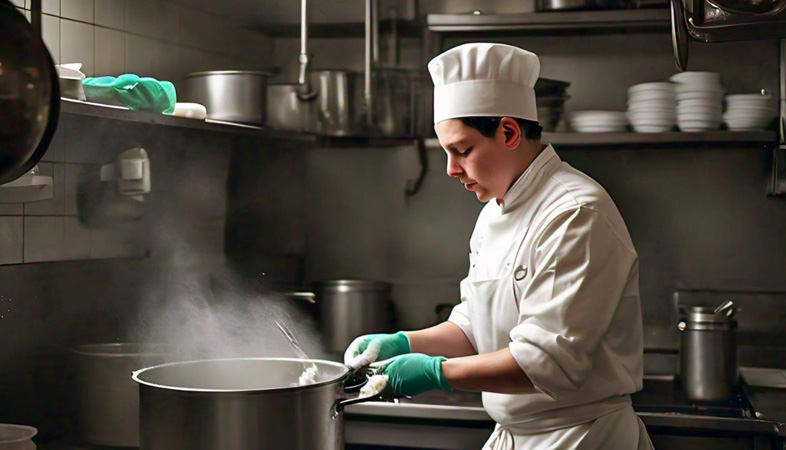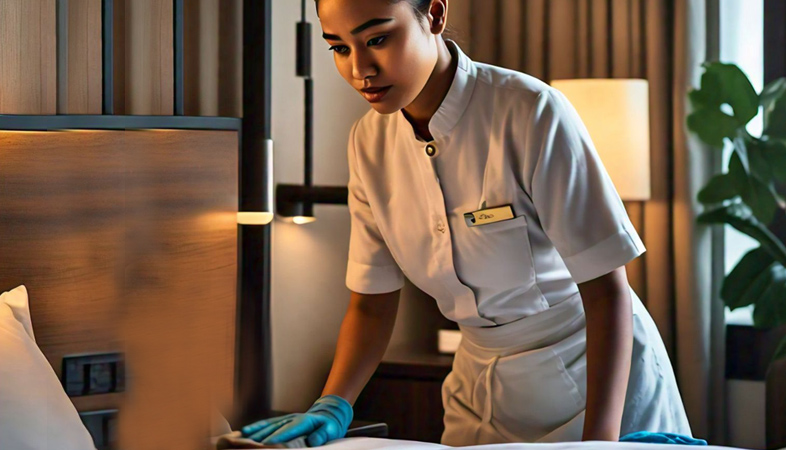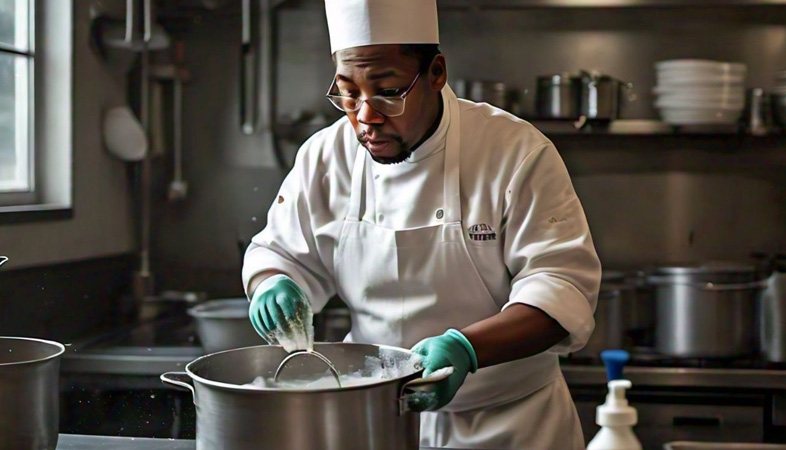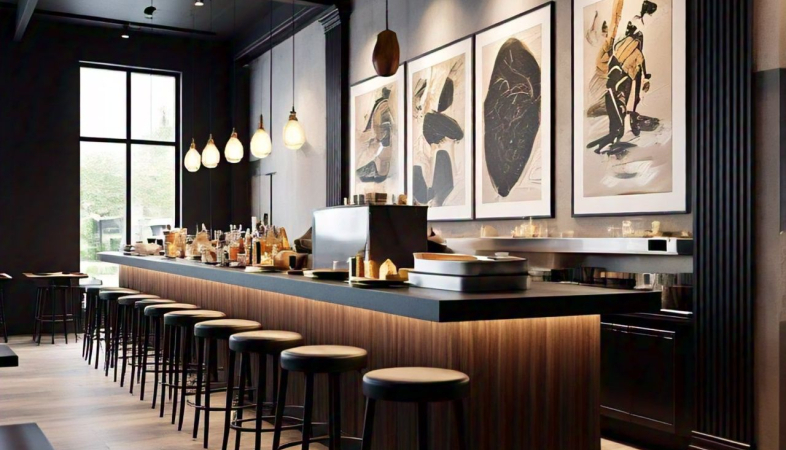SHARE
Commercials
More Posts
Jun 14, 2025
Essential Skills Every Front Desk Agent Should Have
Jun 16, 2025
The Importance of Ventilated Spaces in Restaurants
Jun 07, 2025
Paan - By Chef Sumant Sharma
Apr 10, 2025
Nutritive Mocktails - By Kaustav Dutta
Jun 21, 2025
Khatta Meat - By Chef Dhum Singh
Jun 14, 2025
Essential Skills Every Front Desk Agent Should Have
Jun 16, 2025
The Importance of Ventilated Spaces in Restaurants
Jun 07, 2025
Paan - By Chef Sumant Sharma
Apr 10, 2025
Nutritive Mocktails - By Kaustav Dutta
Jun 21, 2025
Khatta Meat - By Chef Dhum Singh
Jun 14, 2025
Essential Skills Every Front Desk Agent Should Have
Jun 16, 2025
.png)






